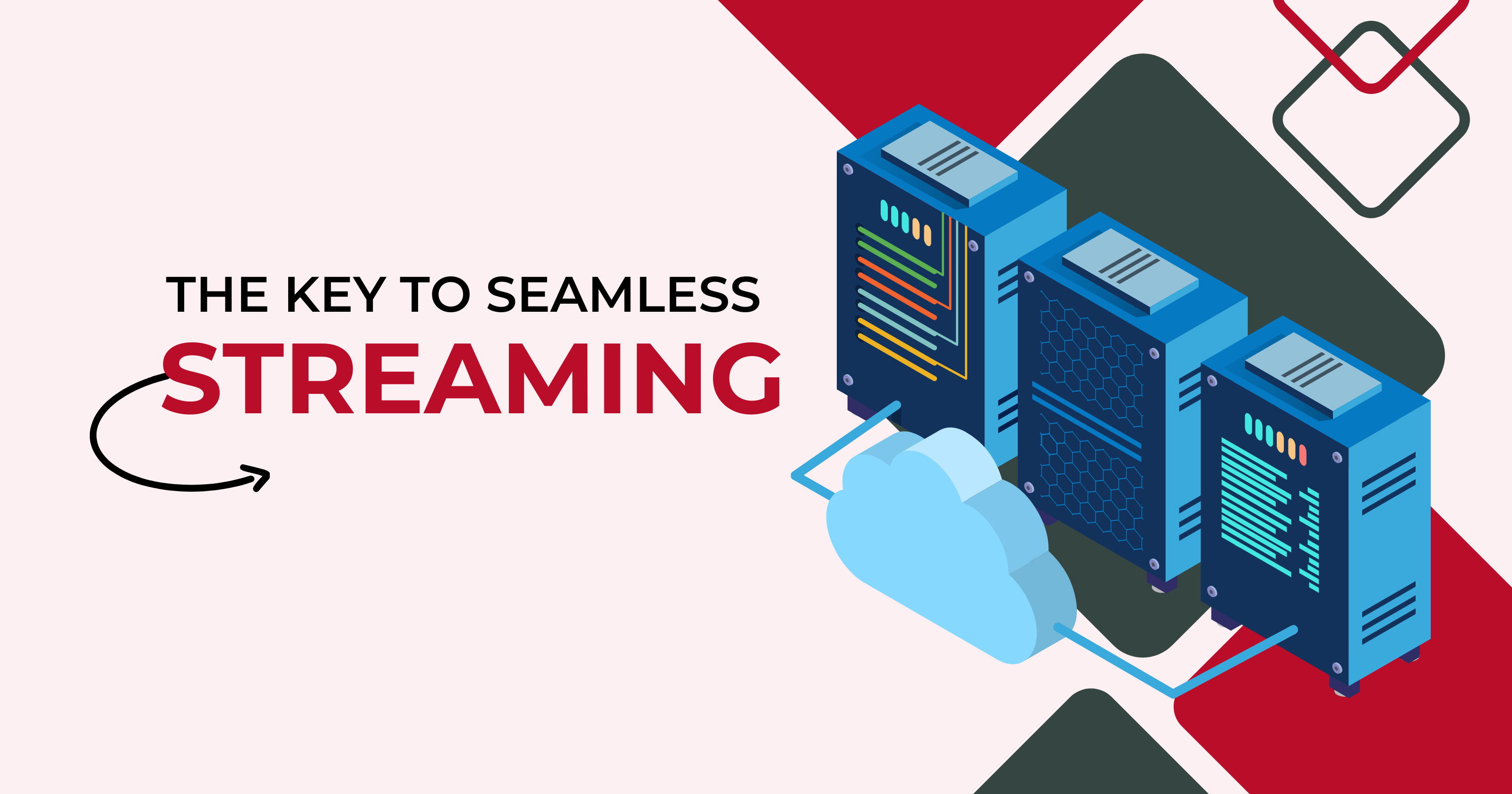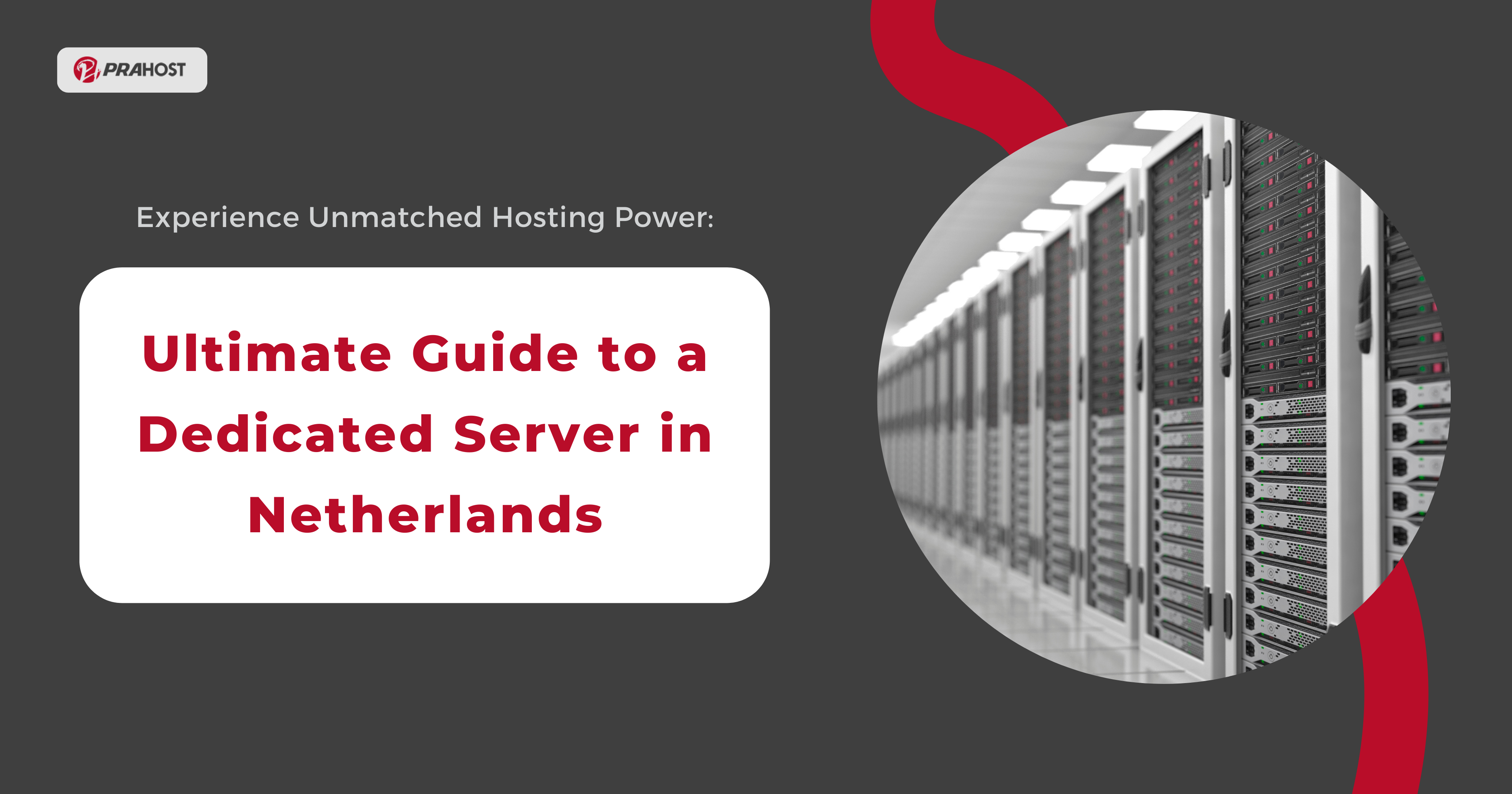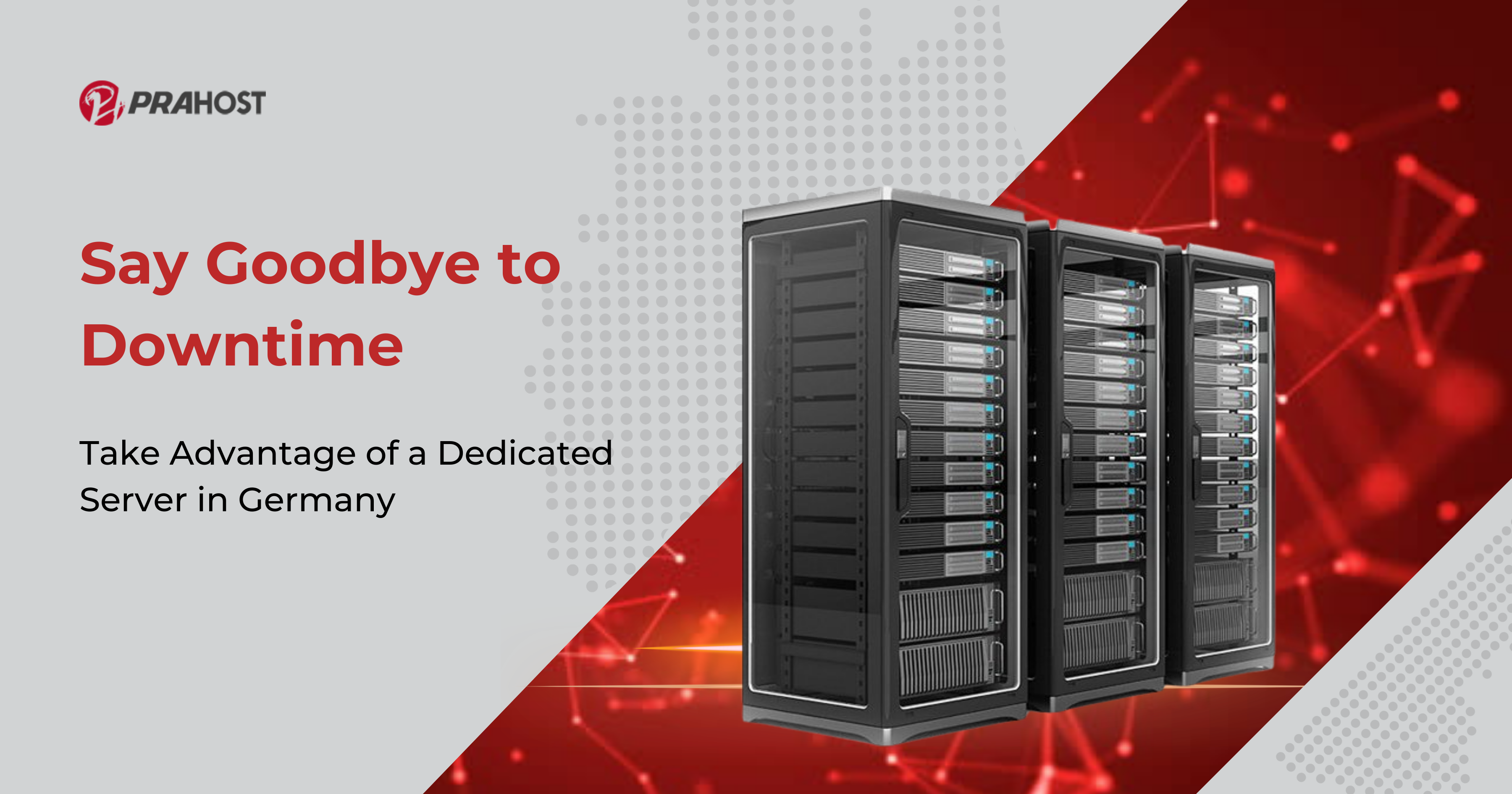The Importance of Investing in a Dedicated Server!
In today’s digital age, streaming has become an integral part of our lives. Whether we’re watching movies, TV shows, sports events, or gaming, the quality of our streaming experience is paramount. Behind the scenes, the backbone of a smooth and uninterrupted streaming service often lies in dedicated servers. This comprehensive post will delve into the importance of investing in a dedicated server and how it has become the key to seamless streaming.
The Evolution of Streaming:
The way we consume media has dramatically transformed over the past decade. Traditional cable and satellite television have given way to over-the-top (OTT) streaming platforms like Netflix, Amazon Prime Video, Hulu, Disney+, and many others. Additionally, live streaming of events and gaming content on platforms like Twitch and YouTube has gained immense popularity.
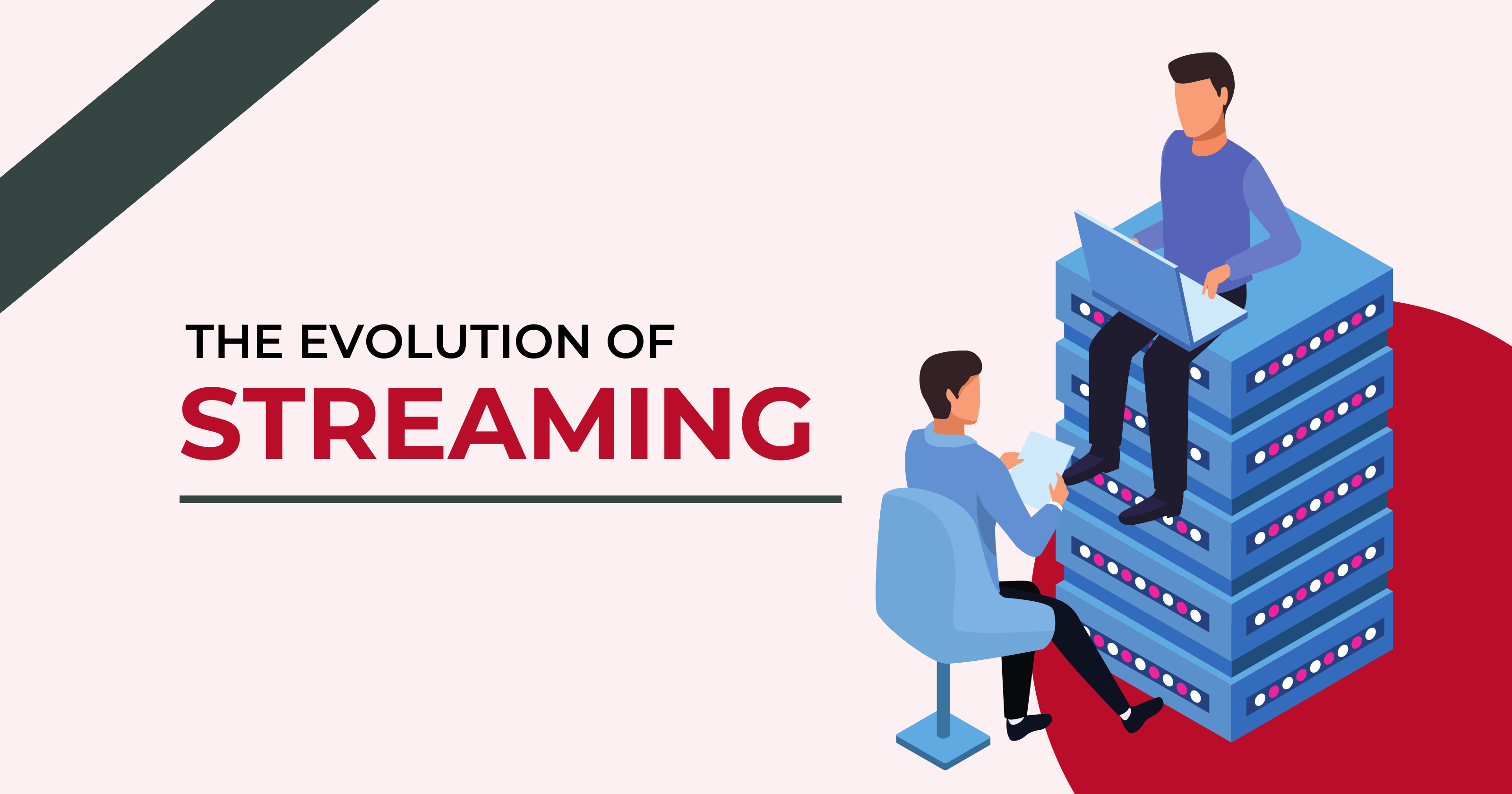
This shift in consumer behavior has placed unprecedented demands on streaming services. Users expect high-quality content, minimal buffering, and instantaneous access across multiple devices, whether a smart TV, smartphone, tablet, or computer. This is where dedicated servers come into play.
Understanding Dedicated Servers:
A dedicated server is a powerful computer exclusively reserved for a single client or purpose. Unlike shared hosting or virtual private servers (VPS), dedicated servers offer the full resources of the machine, including processing power, memory, and storage, to a single user or organization.
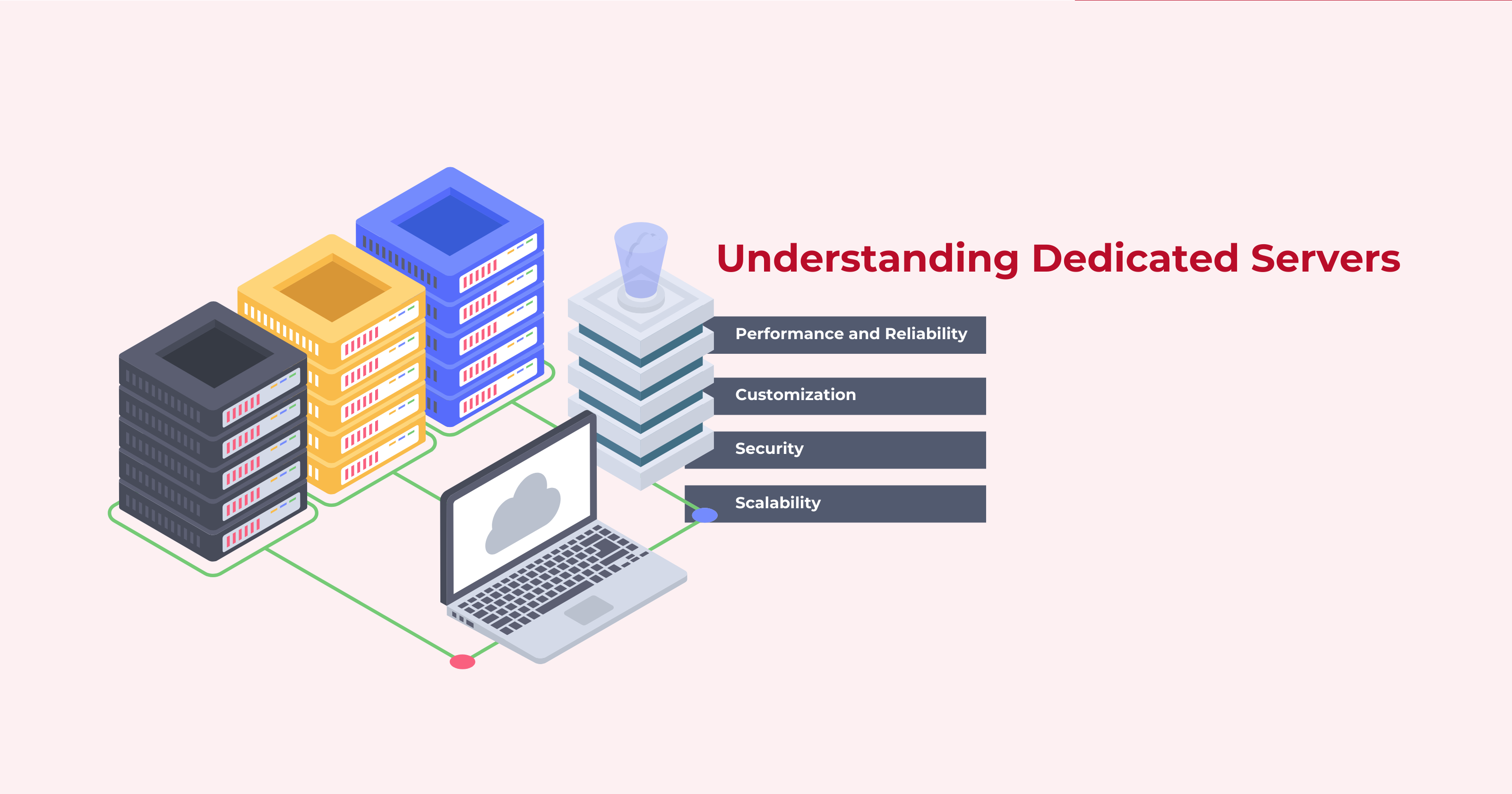
This exclusivity provides several critical advantages in the context of streaming:
01. Performance and Reliability:
Dedicated servers offer unparalleled performance and reliability. With dedicated hardware resources, you can handle large volumes of data and traffic, ensuring your streaming service remains smooth and responsive even during peak usage. This is essential for delivering high-definition and 4K content without interruptions.
02. Customization:
Dedicated servers can be customized to meet the specific requirements of your streaming service. You have full control over the server’s configuration, allowing you to optimize it for video encoding, transcoding, and content delivery. This customization enables you to adapt to evolving streaming technologies and audience preferences.
03. Security:
Security is paramount in the streaming world, where content piracy and data breaches are ongoing concerns. Dedicated servers offer enhanced security features, such as firewalls, intrusion detection systems, and encryption, to protect your content and user data.
04. Scalability:
As your streaming service grows, so will your server needs. Dedicated servers are highly scalable, allowing you to add resources or even deploy multiple servers to accommodate increased demand. This scalability ensures your streaming service can expand seamlessly to reach a broader audience.
The Key to Seamless Streaming:
Now that we’ve established the significance of dedicated servers let’s explore how different dedicated servers either Netherlands dedicated server or a Germany dedicated server become the linchpin for delivering seamless streaming experiences:
01. Buffer-Free Streaming:
One of the most frustrating experiences for viewers is buffering. Dedicated servers are designed to handle large file sizes and deliver content quickly and efficiently. This means that viewers can enjoy buffer-free streaming, even with high-resolution content.
02. Reduced Latency:
Low latency is critical for live streaming, online gaming, and interactive content. Dedicated servers minimize latency by processing and transmitting data with minimal delay, creating a more responsive and enjoyable streaming experience.
03. Global Content Delivery:
Streaming services often have a global audience. Dedicated servers can be strategically located in data centers around the world, reducing the distance data must travel. This localization minimizes latency and ensures that viewers everywhere can access your content smoothly.
04. High-Quality Video Encoding:
Dedicated servers are equipped with powerful processors and GPUs that excel at video encoding and transcoding. This is essential for delivering content in various formats and resolutions, catering to various devices and internet connections.
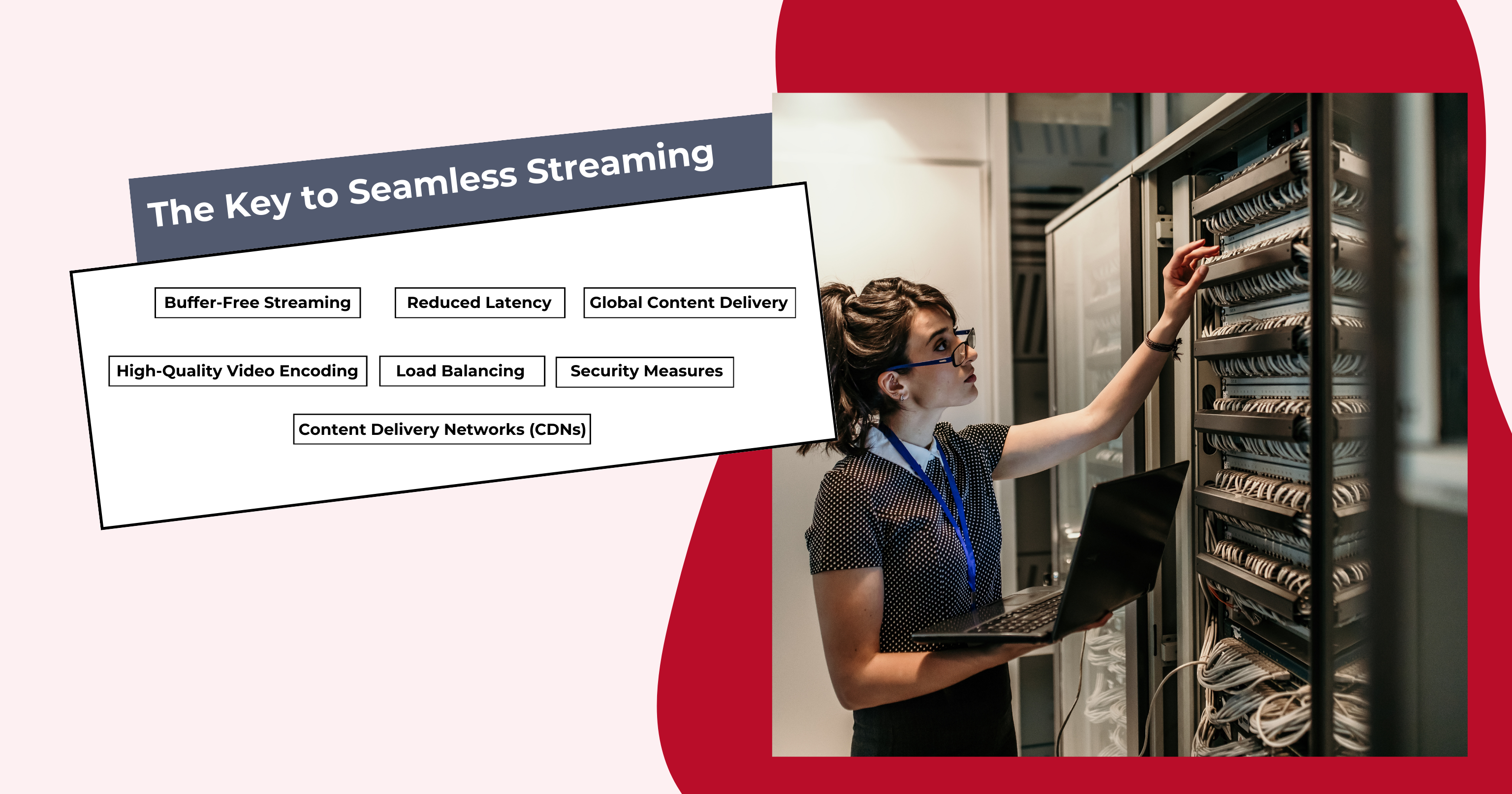
05. Load Balancing:
Load balancing is a technique dedicated servers can employ to distribute incoming traffic across multiple servers. This ensures that no single server becomes overwhelmed, leading to consistent performance even during traffic spikes.
06. Security Measures:
The security features of dedicated servers protect your content from unauthorized access, piracy, and data breaches. This is crucial for protecting your intellectual property and maintaining trust with your audience.
07. Content Delivery Networks (CDNs):
Many streaming services utilize content delivery networks in conjunction with dedicated servers. CDNs are networks of servers strategically distributed globally to cache and deliver content efficiently. This approach further enhances the speed and reliability of content delivery.
How Poor Streaming Impacts?
Poor streaming can significantly impact content providers and viewers, affecting the overall streaming experience and potentially leading to negative consequences. Here’s a breakdown of how poor streaming impacts:
01. Viewer Frustration:
When viewers encounter poor streaming quality, including buffering, freezing, or pixelation, their frustration levels soar. This leads to a subpar user experience, and viewers are less likely to stay engaged with the content. High levels of frustration can also result in viewers abandoning the stream altogether.
02. Loss of Viewership:
Continual streaming issues can result in a loss of viewership for content providers. Viewers who experience poor streaming are less likely to return to the platform or service, which can harm the provider’s reputation and revenue.
03. Reduced Advertising Effectiveness:
For streaming services that rely on advertising revenue, poor streaming quality can lead to reduced effectiveness of ads. Viewers are less likely to pay attention to or remember ads when their primary focus is on buffering or other streaming issues.
04. Damage to Brand Reputation:
Content providers, including streaming platforms and broadcasters, risk damaging their brand reputation when viewers consistently encounter poor streaming quality. Negative word-of-mouth and online reviews can deter potential subscribers or viewers.
05. Increased Churn Rates:
Poor streaming can contribute to higher churn rates among subscribers. When subscribers experience difficulty accessing content, they may cancel their subscriptions or switch to competing platforms offering better streaming experiences.
06. Impact on Live Events:
Live streaming of events, such as sports or concerts, can be severely impacted by poor streaming. Viewers expect real-time access, and any disruptions, buffering, or latency issues can result in a loss of interest and viewership.
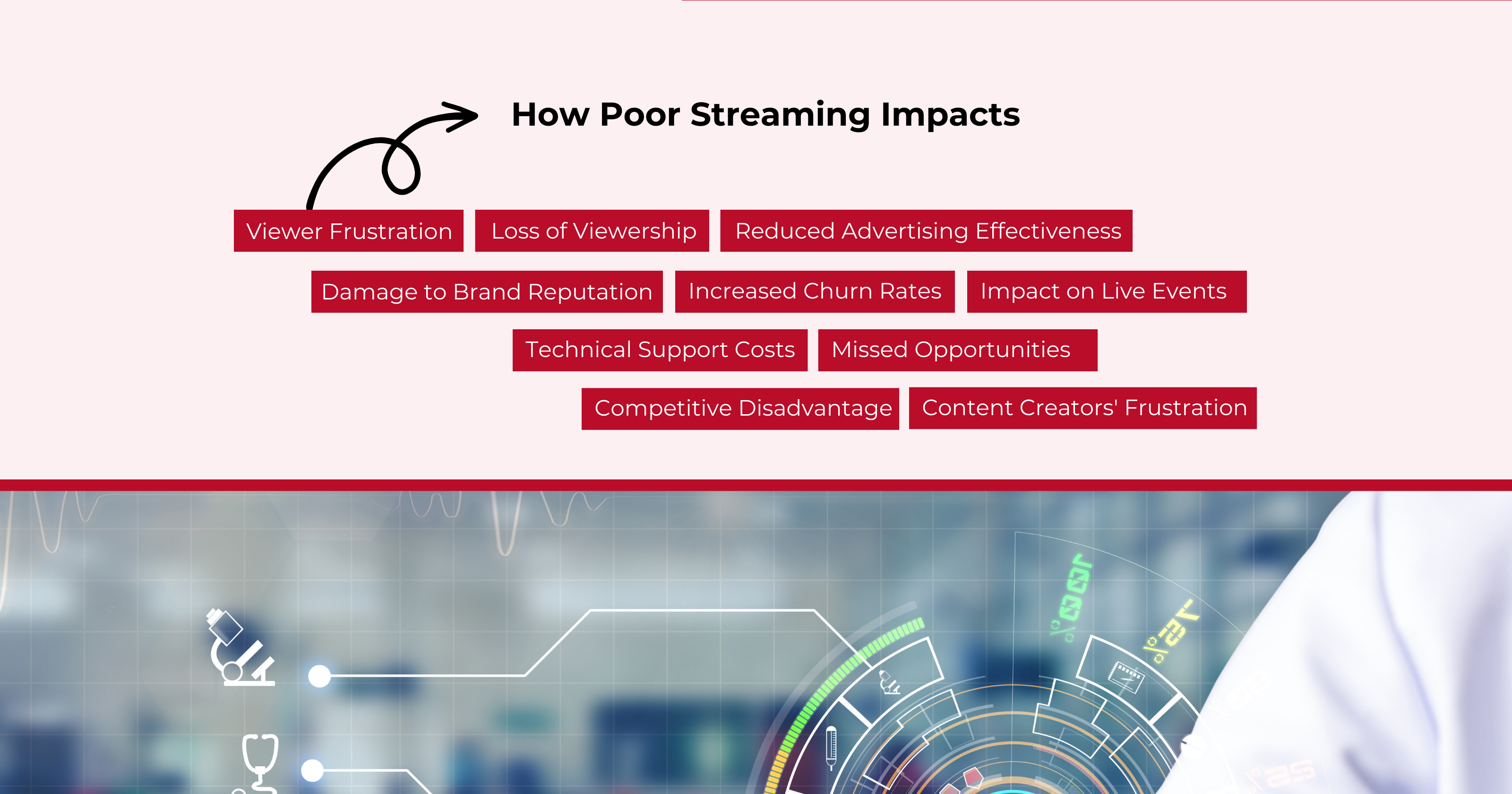
07. Technical Support Costs:
Content providers may need additional customer support resources to address complaints and issues about poor streaming quality. This can increase operational costs and strain customer support teams.
08. Missed Opportunities:
Poor streaming can lead to missed opportunities for content providers, such as lower ad revenue, reduced subscription renewals, and a diminished ability to monetize content effectively.
09. Competitive Disadvantage:
Providers with consistently poor streaming quality are disadvantaged in the highly competitive streaming market. Viewers have numerous alternatives and will gravitate toward services offering a better viewing experience.
10. Content Creators’ Frustration:
Content creators and broadcasters invest significant time and resources in producing high-quality content. When their content is compromised by poor streaming, it can lead to frustration and dissatisfaction among creators.
How to Choose the Right Dedicated Server Provider?
Investing in a dedicated server is a significant decision for any streaming service provider. To ensure that you reap the full benefits of a dedicated server, choosing the right provider (Netherlands dedicated server or Germany dedicated server) is crucial.
Here are some factors to consider:
01. Server Specifications:
Evaluate the provider’s server specifications, including CPU, RAM, storage, and bandwidth. Ensure that they align with your streaming service’s requirements.
02. Location and Data Centers:
Consider the geographic locations of the provider’s data centers. Choose a provider with data centers strategically positioned to serve your target audience effectively.
03. Scalability:
Confirm that the provider offers scalable solutions. Your streaming service may grow, and you’ll need the flexibility to expand your server resources accordingly.
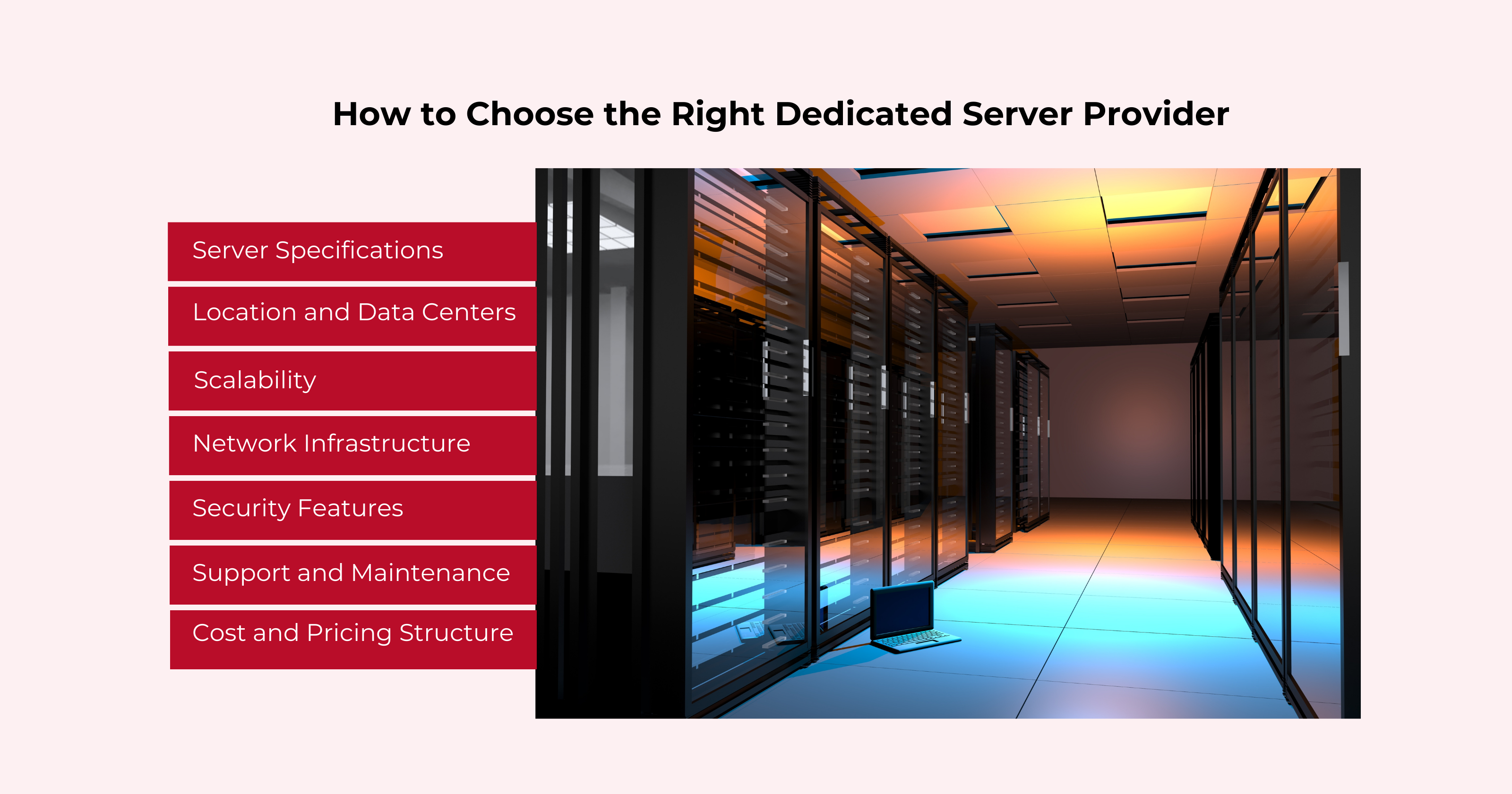
04. Network Infrastructure:
Assess the provider’s network infrastructure, including the availability of high-speed connections and redundancy measures. A robust network is vital for seamless streaming.
05. Security Features:
Inquire about the provider’s security measures and protocols to safeguard your content and user data.
06. Support and Maintenance:
Reliable customer support is essential. Ensure that the provider offers responsive technical support and maintenance services to address any issues promptly.
07. Cost and Pricing Structure:
Evaluate the pricing structure and determine whether it aligns with your budget. Consider any additional costs, such as bandwidth overage charges.
Conclusion:
In the digital streaming era, investing in a dedicated server is not just a luxury but a necessity. It’s the key to delivering seamless, high-quality streaming experiences that captivate and retain your audience. The performance, customization, security, and scalability offered by dedicated servers empower streaming service providers to meet the demands of an ever-expanding market.
As the world of streaming continues to evolve, dedicated servers will remain at the forefront, ensuring that viewers can enjoy their favorite content without interruption, buffering, or latency issues. To succeed in the competitive streaming landscape, choosing the right dedicated server provider is paramount, as it can significantly impact the success and reputation of your streaming service.
Poor streaming impacts viewers and content providers in numerous ways, from decreased user satisfaction and lost viewership to damage to brand reputation and financial losses. In an era where streaming has become a dominant form of content consumption, ensuring a seamless and high-quality streaming experience is crucial for the success and sustainability of streaming services and content creators.

